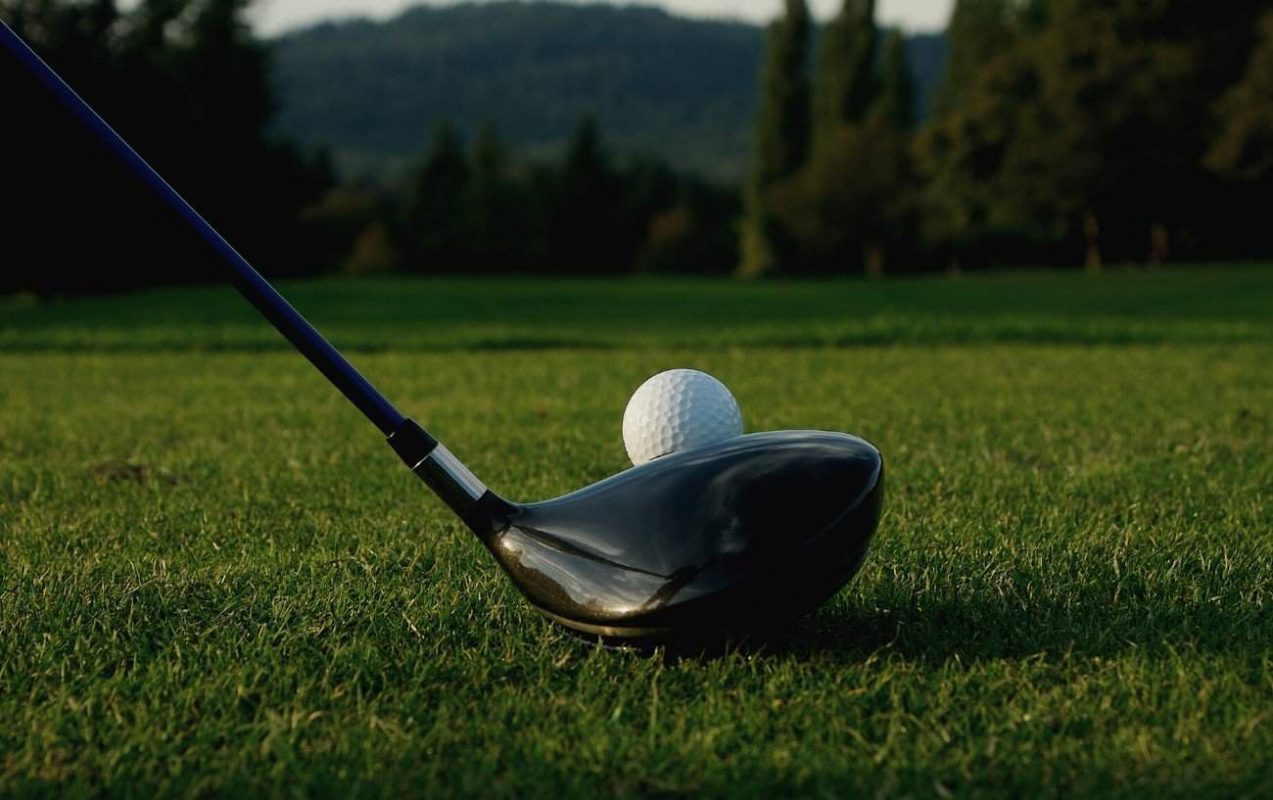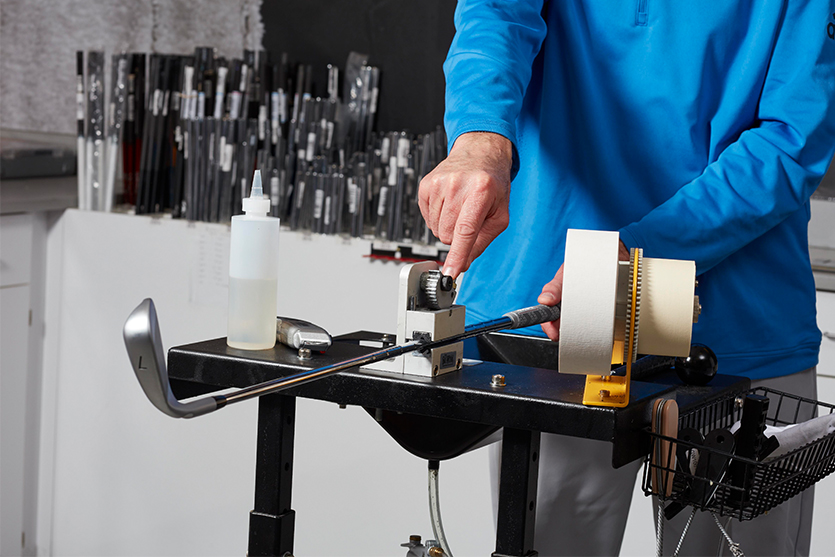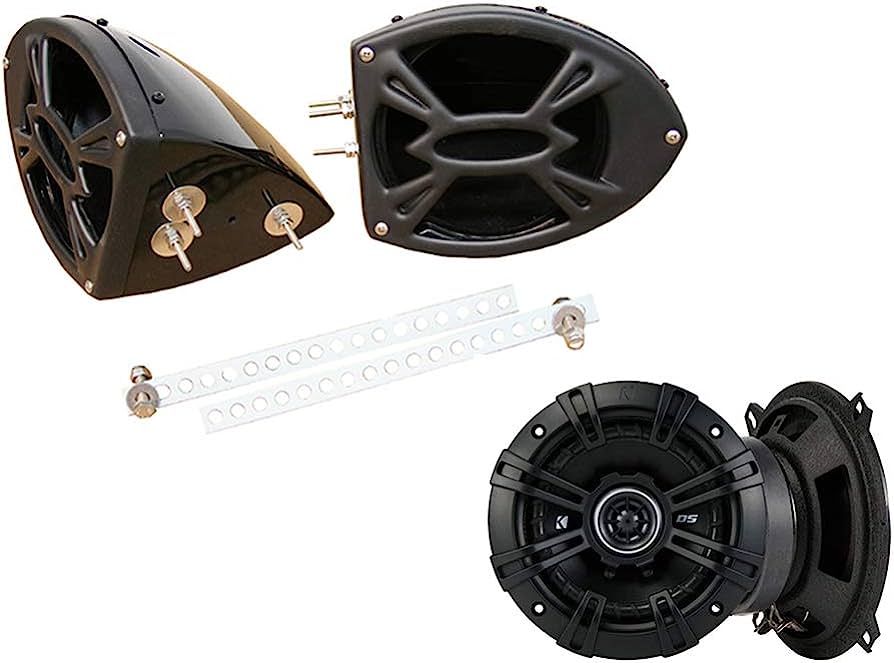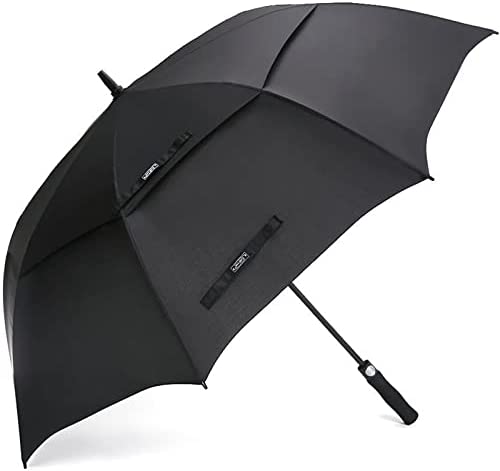Find Your Perfect Match: Golf Ball Selection for 95 Mph Swing Speed
A golf ball with a low compression rating is suitable for a swing speed of 95 mph. The ball’s compression should be within the range of 90 to 100.
A softball can increase the distance, while a more extensive ball can help with control and accuracy. When it comes to golfing, the ball’s type is crucial in determining how well you play, especially with a swing speed of 95 mph.
Using the wrong ball can affect your game and see you perform poorly. The proper ball for this swing speed is one with a low compression rating. The ball should have a compression rating of 90 to 100. Using a ball that is too hard can reduce your performance, while a ball that is too soft can increase distance, but reduce control and accuracy. In this article, we will discuss what you should consider when selecting the right ball for your game.

Credit: yegfitness.ca
Understanding Your Swing Speed
When it comes to golf, each player has their own unique swing speed. Knowing your swing speed can help you choose the perfect golf ball to enhance your performance. Here is everything you need to know about swing speed and how it affects golf ball performance:
Explanation Of How Swing Speed Affects Golf Ball Performance
The speed at which you swing your golf club dramatically impacts how the ball behaves when it is struck. Here are a few ways in which swing speed affects golf ball performance:
- A slower swing speed will create less backspin, meaning the ball will not fly as high or as far.
- Slower swings also produce less ball speed, which results in less distance and less overall performance.
- On the other hand, faster swing speeds will create more backspin, which increases the ball’s lift and maximizes distance.
- Higher ball speed means more distance and better overall performance.
Importance Of Knowing Your Swing Speed
To get the most out of your golf game, it is essential to know your swing speed. Not only does it help you choose the right golf ball, but it also helps you modify your swing and make other adjustments to improve your performance.
Here are a few benefits of knowing your swing speed:
- Choosing the right ball that complements your swing speed can increase distance and accuracy.
- Modifying your swing speed can help you hit the ball farther and improve your overall performance.
- Knowing your swing speed can help you choose the right clubs and shafts that suit your swing.
Tips For Measuring Your Swing Speed Accurately
Measuring your swing speed is crucial for understanding your golf game and determining the right ball for you. Here are a few tips for measuring your swing speed accurately:
- Use a launch monitor to measure your swing speed with accuracy.
- If you do not have access to a launch monitor, use a radar-based swing speed radar device.
- Measure your swing speed with a few different clubs to get a good average speed.
- Make sure you are swinging with maximum effort to get an accurate measurement.
Knowing your swing speed is a crucial step toward improving your golf game. Use these tips to choose the right ball and make the necessary adjustments to maximize your performance on the course.
Types Of Golf Balls
Overview Of Different Types Of Golf Balls Available
Golf balls come in various types, each designed to cater to the needs of different players. The various types of golf balls include:
- Two-piece golf balls: These are the most popular type of golf balls and offer maximum distance and durability. They have a hard outer covering and a large solid rubber core that helps the ball fly straighter.
- Three-piece golf balls: These golf balls are designed for better control and spin, making them the ideal choice for players with slower swing speeds. They come with a soft outer layer that helps generate more spin and feel around the greens.
- Four-piece golf balls: These golf balls are designed for professional golfers and experienced amateurs. They offer unparalleled control, spin, and distance, making them the ideal choice for players with higher swing speeds.
Explanation Of How Each Type Of Golf Ball Performs
Each type of golf ball performs differently as they are designed to cater to the needs of different players. Here is a brief explanation of how each type of golf ball performs:
- Two-piece golf balls: These golf balls are designed to maximize distance and durability, making them ideal for players with high swing speeds looking to maximize distance.
- Three-piece golf balls: These golf balls offer better control and spin than two-piece golf balls. They are suitable for players with slower swing speeds who need more help generating spin and feel around the greens.
- Four-piece golf balls: These golf balls offer the best control, spin, and distance of all types of golf balls. They are ideal for professional golfers and experienced amateurs with higher swing speeds who need maximum performance from their golf balls.
Factors To Consider When Choosing The Right Golf Ball For Your Swing Speed
Choosing the right golf ball for your swing speed is crucial to achieving optimal performance on the golf course. Here are some factors to consider when choosing the right golf ball for your swing speed:
- Compression: The compression of a golf ball refers to how tightly the ball is packed. Golfers with slower swing speeds should choose a low-compression ball as it will compress easier and travel further.
- Spin rate: Spin rate refers to the amount of spin a golf ball generates. Golfers with slower swing speeds should choose a golf ball with a higher spin rate as it will help keep the ball in the air longer and generate more distance.
- Cover material: The cover material of a golf ball can impact spin and feel around the greens. Golfers with slower swing speeds should choose a golf ball with a softer exterior cover, while golfers with higher swing speeds can benefit from a harder cover material.
- Personal preference: Ultimately, choosing the right golf ball comes down to personal preference. It’s important to try various types of golf balls and evaluate their performance before making a final decision.
Overall, selecting the right golf ball is important to optimize performance, whether you’re a beginner or a professional golfer. By considering your swing speed, the type of golf ball, and other personal preferences, you’ll be able to choose the best ball for your game, helping you perform your best on the golf course.
Factors To Consider For 95 Mph Swing Speed
Explanation Of How 95 Mph Swing Speed Impacts Golf Ball Choice
A golfer’s swing speed reflects the amount of energy passed from the club onto the ball. Thus, a person with a slower swing speed would require a softer ball to travel quite a distance. On the other hand, someone with a 95 mph or more swing speed would want a ball that could withstand their strength.
Using the right ball for your swing speed will mean that the ball will travel a longer distance, be straighter, and allow for better control.
Overview And Analysis Of Premium Golf Ball Options For 95 Mph Swing Speed
High swing speeds require a ball with harder compression. For players with a 95 mph swing speed, premium golf balls are an ideal option. Although more expensive than standard golf balls, they offer better performance, increased spin, and better greenside control.
Here are some of the best premium golf balls recommended for 95 mph swing speeds:
- Titleist pro v1 – known for exceptional spin control and distance, ideal for skilled golfers.
- Taylormade tp5 – ideal for those looking for higher launch angles off the tee with less spin.
- Srixon Z-star xv – offers a soft feel, maximum distance, and precision for high swing speeds.
Budget-Friendly Golf Ball Options For 95 Mph Swing Speed
While premium golf balls offer the best performance for 95 mph swing speeds, budget-friendly options could also suffice. These balls may not have exceptional features, but they still offer reasonable performance. Here are some examples:
- Callaway supersoft – offered in a dozen at an affordable price with a soft feel.
- Bridgestone e6 – designed specifically for moderate swing speeds, low spin off the tee, and optimized for straight distances.
- Wilson staff duo soft spin – soft feel, low compression ideal for longer distances, and low compression.
Choose a ball that offers maximum performance for your 95 mph swing speed. While it’s vital to consider the ball’s material, compression, and design, your individual preferences will ultimately dictate the best choice.
Frequently Asked Questions On What Golf Ball Should I Use With A 95 Mph Swing Speed
What Is The Best Golf Ball For A 95 Mph Swing Speed?
The best golf ball for a 95 mph swing speed is one with lower compression.
Should I Choose A Harder Or Softer Golf Ball For A 95 Mph Swing Speed?
You should choose a golf ball with a compression of around 80-90, which is neither too hard nor too soft.
How Can I Optimize My Golf Ball Selection For A 95 Mph Swing Speed?
You can optimize your golf ball selection by trying different brands and models and consulting with a professional.
Conclusion
As a golfer, you need to understand your swing speed and the type of golf ball that suits your game. This is critical to achieving better results and performance on the course. With a 95 mph swing speed, you need to look out for golf balls that can maximize your distance, and ball speed and optimize your trajectory according to your swing.
Golf balls like the Titleist Pro v1, Callaway chrome soft, bridgestone tour b xs, and srixon z-star xv are great options for golfers with a 95 mph swing speed. It’s also important to note that there is no one-size-fits-all golf ball.
The best way to find the right one for you is to try out different options and see how they perform on the course. With the right knowledge and experimentation, you’ll be able to find the perfect golf ball that will take your game to the next level.



